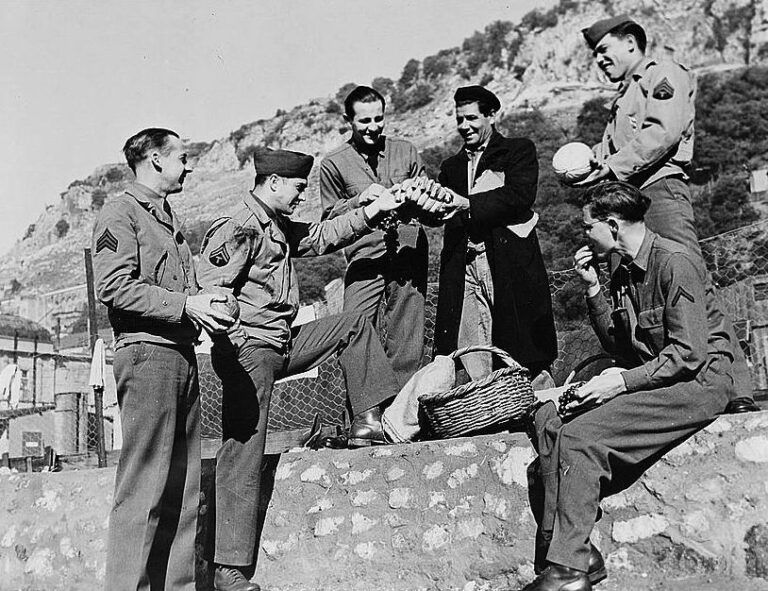This essay negotiates the critical tension between race as an analytic and social construct by examining how race becomes socialized in and through the production and presentation of Arab culture in two ethnographic case studies: how Syrian musicians negotiate musical multiculturalism as they integrate into German society and how independent musicians in Egypt navigate the racialized entanglements of national and international security logics that privilege Western foreigners. Both these case studies center the “foreigner” subject as one who embodies proximity to white power and delimits the boundaries of such power. We argue that the category of foreigner is thus a racialized construct that not only complicates the Black–white binary of race relations but strategically evades explicit discourses and practices of racecraft that are violent, discriminatory, and exclusionary. By provincializing critical race theory through the particularities of Arab lived experience, we illustrate how local social categories are entangled with historic legacies of empire and contemporary global logics of racialized difference while remaining sensitive to how conceptions of difference exceed Euro-American categories of race. Our work therefore directs attention towards alternative enactments of racialization within the Global South.
Keyword: Arabness
What is Whiteness in North Africa?
This entry sketches a matrix for conceptualizing race in/ and North Africa that takes Arabness, indigeneity, Islam, the Sahara, and slavery as orienting keywords. It suggests an approach to a geopolitically-grounded whiteness as social currency and aspiration that is both based in specific regional economic history and also reaches outward toward globally-circulating formations of racial hierarchy. Acknowledging the distinct legal, colonial, and state histories under and through which racialization has proceeded in North and Saharan Africa since the dissolution of the Ottoman Empire, this entry aims to draw out the ethical imaginaries through which bodies have been marked and categorized in this region. These ethical imaginaries have operated through their attendant languages, memories, and performances to enable racisms and colorisms with violent and enduring material consequences. Under the headings “Racialized Enslavement,” “Whiteness and Arabness,” “Race and the Sahara,” and “Race in North African Popular Culture,” I offer brief introductions to these discursive formations, histories, and conceptual intersections and offer suggested readings for each.

